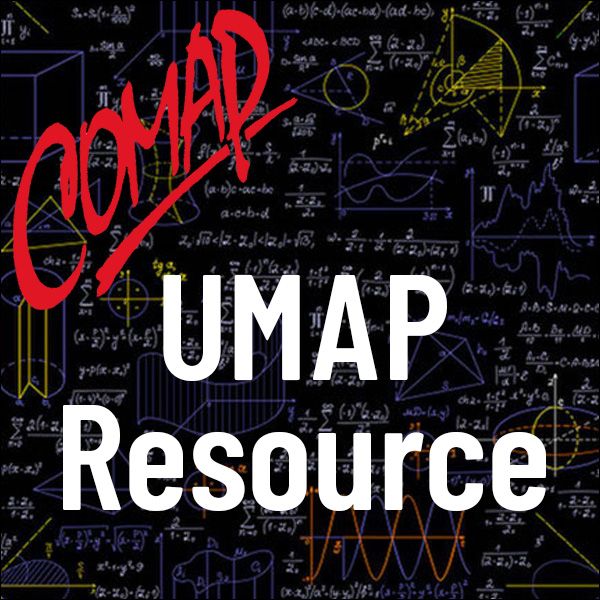The FA Cup Soccer Tournament: Probabilities vs. Predictions
Author: Jonathan Heagy & Patrick Sullivan
Introduction
The Football Association Challenge Cup, more commonly known as the FA Cup, is an annual knockout tournament in men’s English professional football. (It is now known officially as The Emirates FA Cup after its current sponsor. There is also a concurrent Women’s FA Cup.)
The FA Cup is the oldest professional soccer tournament in the world, with the first tournament played in 1871–1872. The tournament is open to all English football league teams down to Level 10, the lowest-ranked league. The 2022–2023 tournament had 732 teams and 14 rounds.
This article is inspired by how matches in the tournament are arranged. In other knockout-style tournaments, teams are ranked from best to worst and matched up accordingly. In the FA Cup, the matchups at each round are determined by a random draw; the winners advance to the next round. The teams in the upper leagues have the advantage of entering the tournament in later rounds. This system creates situations where two teams from the top league, the Premier League, could be matched up in the first round that they participate in, the Third Round Proper. At the time of the Third Round Proper, 64 teams remain in the tournament, 20 of which come from the Premier League.
We develop a model for the probability distribution of the number of teams from the Premier League and the number of teams from the Championship League (the second level of English professional football) that advance to each subsequent round of the tournament. We do a reality check by comparing predictions from our model with historical results from the tournament.

Mathematics Topics:
Application Areas:
You must have a Full Membership to download this resource.
If you're already a member, login here.